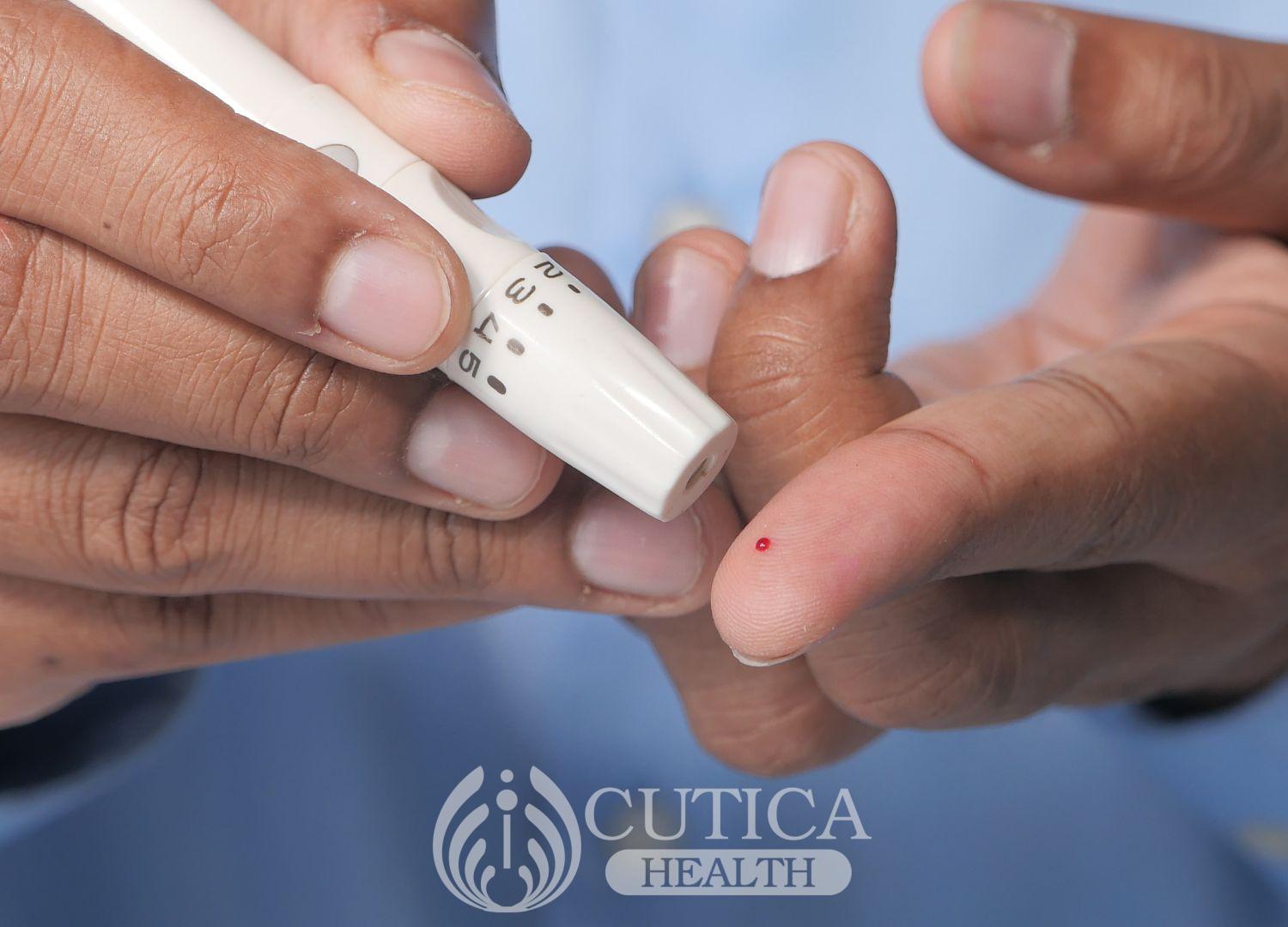
Sickle cell disease is common among Africans, particularly in sub-saharan Africa and Nigeria. The disease occurs when the genetic problems change the shape of the red blood cells from spherical to the shape of a sickle. This, however, leads to a lot of complications. Interestingly, doctors have found a link between malaria and this condition.
In looking at the relationship between these two entities, it’s important to state that while one of them is a genetically determined disease, the other is an infection caused by the malaria parasite. So, it’s important to state that despite their close relationship, they are definitely not connected in origin-- one is an infection while the other is a genetic or inherited disease. What then explains this complex and intriguing relationship between the duo?
Genotype AS patients are less-likely to die from malaria
This is one interesting relationship between disease and health. Researchers have found that individuals that have the AS genotype (which means they’re not fully sickle cell patients who are SS) often carry a special change or mutation in their gene that makes them less susceptible to malaria. It is not clear if these are purely genetic or epigenetic changes taking place over time to make them cope with an environment where malaria is endemic—it’ll be interesting for science to unravel this link

Genotype SS patients are more susceptible to malaria
Unlike the AS, patients with the full sickle cell disease (SS) are highly susceptible to the effects of malaria—often lethal. Patients who suffer from sickle cell anaemia already have a small spleen as a result of the sickle cell disease. Having a small spleen means that the malaria parasites are less effectively cleared from their systems—the natural consequence of this is that malaria could be potentially lethal in individuals that suffer from sickle cell anaemia.

Remember the Sunday-Sunday medicine?
Taking Sunday medicine against malaria used to be a very popular practice years ago, but it’s no longer that popular. Malaria prevention, as doctors call it, is however still recommended among a small group of people, including those who travel to malaria-endemic areas, pregnant women living in malaria-endemic areas and sickle cell anaemia patients. The reason for this recommendation among sickle cell anaemia patients is not far-fetched—their small spleens and reduced clearance of malaria parasites place them at greater risk, necessitating routine prevention.

Take-home message: There’s a close relationship between sickle cell anaemia and malaria, which patients with the condition must be aware of. Malaria risk is higher in patients with sickle cell disease, and comes with greater complications. However, people with sickle cell trait (AS) are more resistant to malaria. This means that people living with sickle cell disease must take malaria prevention very serious to lower their risk of crises and reduce other complications of sickle cell anaemia.












